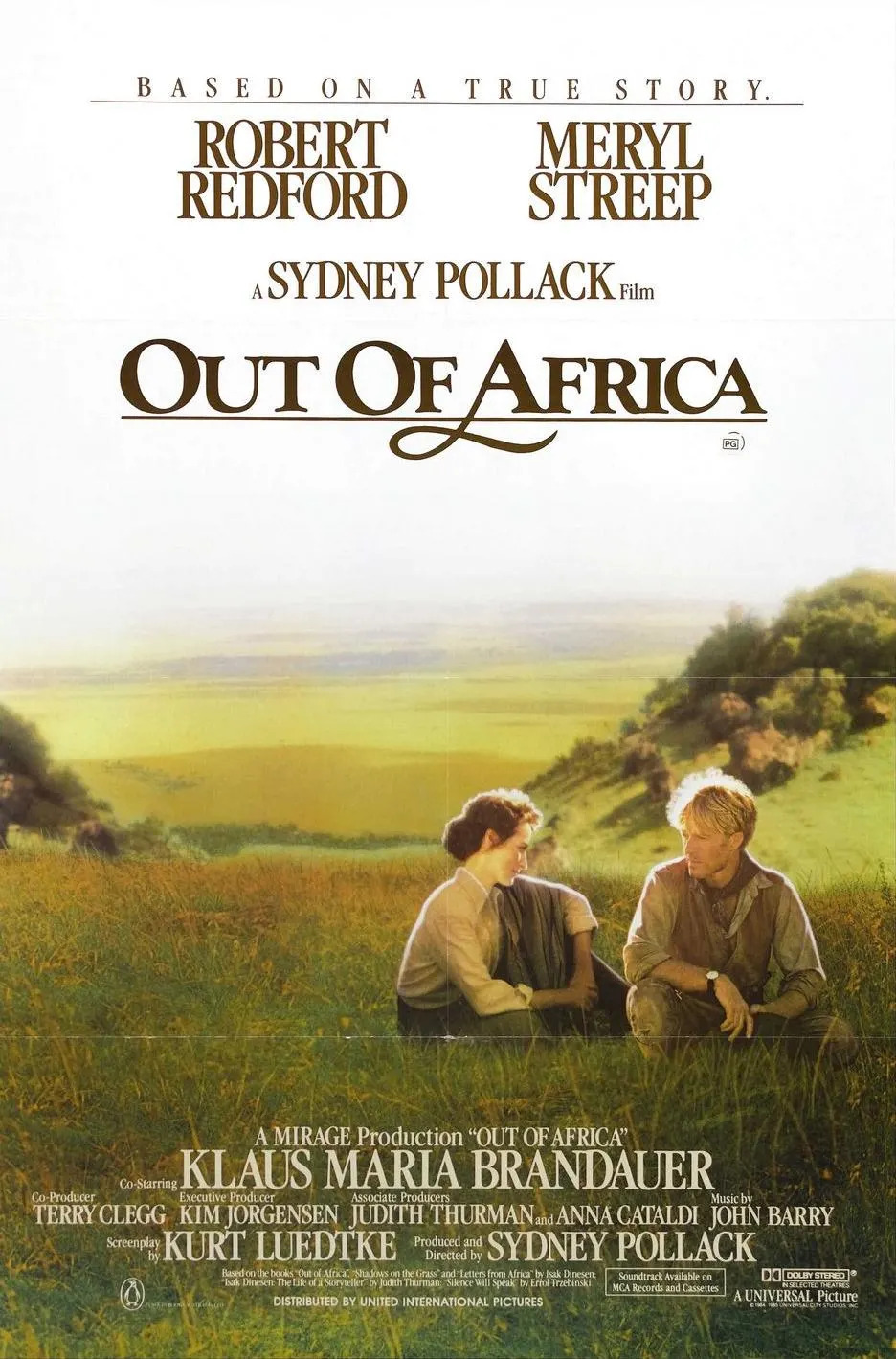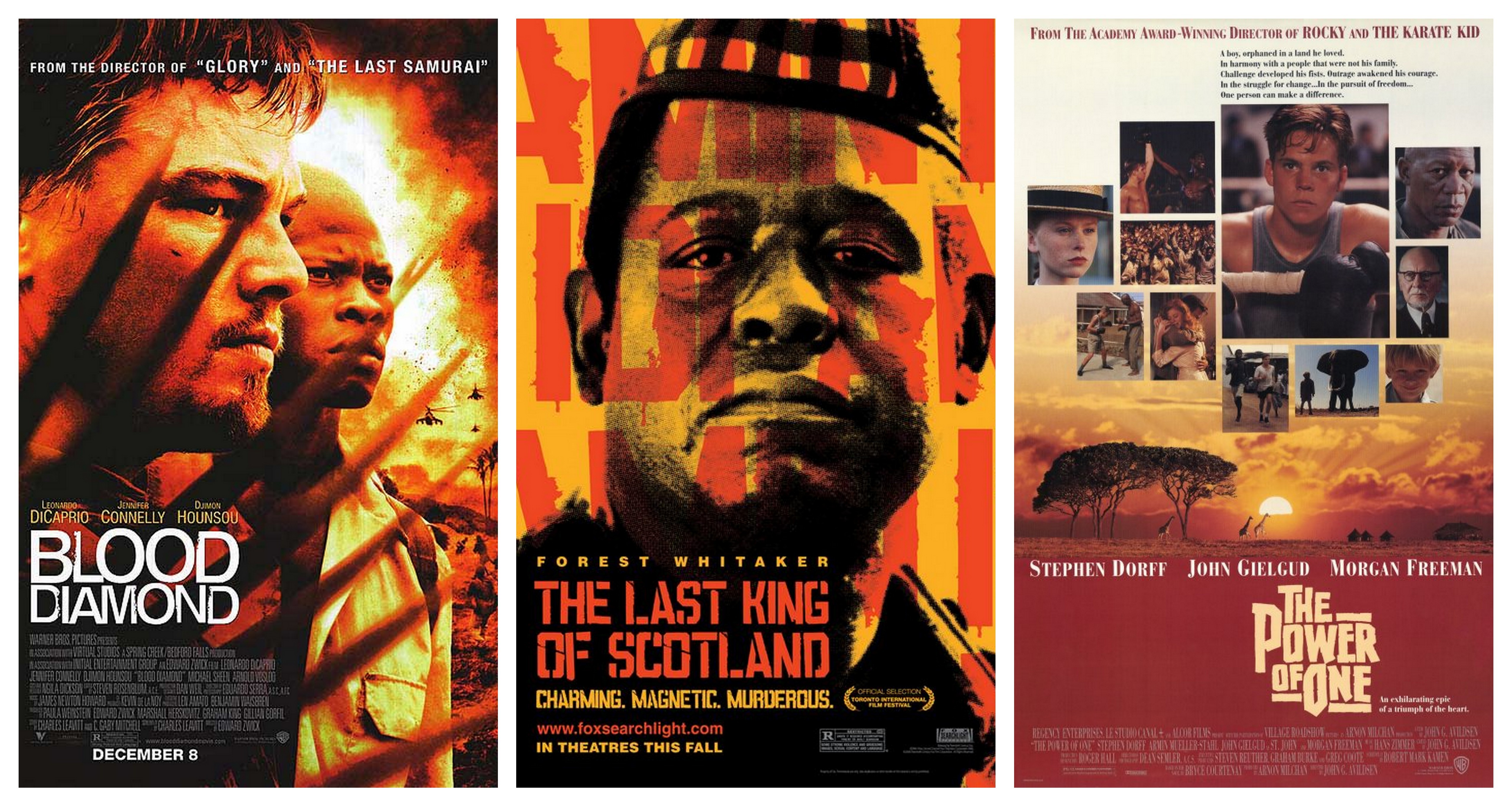Musings on African Film … Part One
1 April 2015 | East Africa Travel | Michael Boyd

What exactly is an African film?
Is it a film that is made in Africa, like the wonderful Out of Africa (1985), Blood Diamond (2006) and The Last King of Scotland (2008)? Or even the films that don’t get the continent right at all (The Power of One)? Although set in Africa, and often telling an African story, these films were funded by Hollywood and made by Hollywood. These may be in collaboration with the country’s particular film council or board, but can one really say that they are African films?
That said, any film made in Africa does tell African stories; stories of her people, history and everyday life. Whether or not it is a western point of view of Africa, the story of the place remains the most important element of any film.

Is a film made by Africans a true African film? In a sense, yes. Surely if a filmmaker is African, it is their story being told. But take a filmmaker away from their own country and he or she is no longer particular to that country. There are many examples of directors who make a great film in their homeland and the next thing you hear, they’re producing the next Wolverine film. In the same vein, surely a foreign filmmaker can make an African film?
Somehow these elements must come together. What if we look a little closer? What about films that are not only made in Africa, but by Africans for Africans? Films embedded in the soil. Unfortunately, the shame of the non-Hollywood film industry is that you only hear about films when they make waves globally and, on the most part, cater to a cinema multiplex audience. The worse shame is that films don’t often get a decent release in their home countries if they do not do well internationally. This is why the emergence of African Film Festivals around the world is so important. They are the only space where African filmmakers are given an audience to tell their stories to the rest of the world.
There are many great films being made in Africa by her people. In fact, many countries in Africa have a long tradition of film-making. Luckily for us, Africa also has a deep history of storytelling, which is now being translated onto the screen. But it must be noted that to look at African cinema is to look at a multitude of different film industries. We would never say that British cinema is the same, or even similar to, French cinema. And so Nigerian cinema is not Rwandan cinema, which is not Egyptian cinema.
To be continued (we have a very strict ‘no more than 500 words’ policy for all posts but I know all you movie fundis will eagerly await Parts Two and Three – Ed).
Post Script: the photograph for Out of Africa’s poster was taken right where Angama Mara is located – many of the tented suites look out over the kopje on the right. We serve romantic picnics-for-two on the crest of this lovely hill – it’s the perfect place to fall in love all over again.



COMMENTS (1)
KC
June 8, 2015Hello,
Great to come across this article, I am quite interested in the narrative of Africa and of course more specifically Kenya.
While I do agree that a story is told with some of these movies, they are created for a specific audience and so must contain certain elements understandable to this audience. A ‘dumbing down’ if you will.From an African perspective, most people will view these movies for what they are; entertainment.
A movie like ‘Out Of Africa’ (Kenya’s curse and blessing as regards tourism) resonates very differently especially with Kenyans who can remember the time the movie is set in. It only serves to continually romanticize the colonial era and this narrative is continually encouraged by the luxury tourism industry as a cheap marketing tool. This extends to most lodge ‘Recommended reading’ lists, you’d be hard pressed to find any recent indegenous Kenyan authors.
Unfortunately most have taken the easy way out and are comfortable with the formulaic. To stand out from the crowd marketing copy should speak to a wide range of people and not a specific sub-set of potential clientele.
Thank you for writing the article, raises some interesting points and I am enjoying the blog posts. More like these please!
KC
REPLY